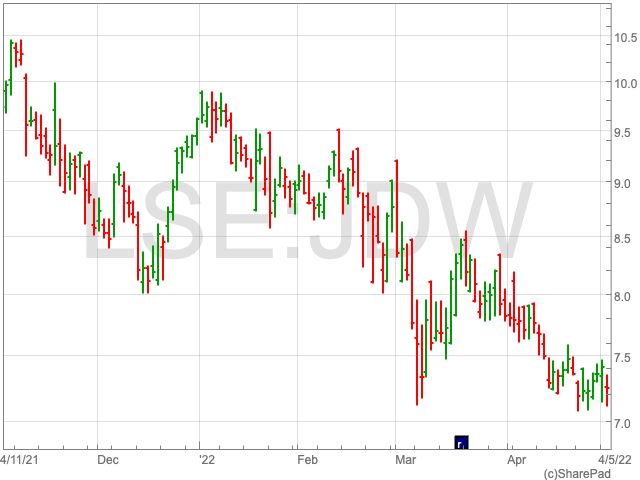Wetherspoon announced its Q3 trading update on Wednesday where the group reported a 4% decline in like-for-like (LFL) sales, disclosed closures and disposals of pubs and announced the resignation of Su Cacioppo.
Wetherspoon reported a 4% decrease in LFL sales compared to 2019, however, YTD sales fell 6.2% on an LFL basis.
In the group’s interim statements, Wetherspoon indicated that LFL sales had improved to -2.6%. The group also stated that at the end of the quarter LFL sales saw further improvements to -1.6% and in the last 2 weeks, LFL sales were marginally positive.
JD Wetherspoon manages 47 pubs and 57 hotels with LFL sales in the quarter amounting to 3.4% and 5% respectively.
Since January 2022, the group reportedly disposed of 6 pubs and another 5 pubs have been handed off to landlords due to leases expiring.
In the anticipation of upcoming lease end dates, 3 more pubs have been closed. With all the disposals and surrenders the company noted a cash inflow of £6.3m.
At the end of the quarter, the company had £906m in net debt and £173m in liquidity and Wetherspoon expected debt to be around £870m at the end of the financial year.
Wetherspoon also announced the resignation of its director Su Cacioppo and the appointment of James Ullman on Wednesday.
Tim Martin, Chairman, JD Wetherspoon said, “Since Covid restrictions ended, sales have improved, as previously reported. As many hospitality companies have indicated, there is considerable pressure on costs, especially in respect of labour, food and energy. Repairs are also running at a higher rate than before the pandemic.”
“The company anticipates a continuing slow improvement in sales, in the absence of further restrictions, and anticipates a “break-even” outcome for profits in the current financial year.”
“Since 13 March, the company has returned to profitability and a positive cash flow, and is cautiously optimistic about the prospect of a return to relative normality in FY23.”

Wetherspoon shares fell 2.5% to 722p following the company’s decrease in LFL sales and news of disposals and closures of pubs.
Sophie Lund-Yates, Equity Analyst, Hargreaves Lansdown, said, “JD Wetherspoon is edging towards glass half full again. The bigger picture shows overall sales are still down on pre-pandemic levels, but zoom in and you can see that trading in more recent weeks has been marginally positive.”
“This is an especially important development for the Spoons brand, thanks to its need to shift high volumes so it can support cheap price tags. Margin accretion is going to be very hard won, but Tim Martin’s business is hardly one to shy away from a challenge.”
“Exactly how trading is going to shape up from here depends on the extent of the damage to people’s discretionary spending. On one hand, Spoons’ reasonable price point could entice those slipping down the value chain. On the other, the cost-of-living crisis may well serve as a real blow to the group’s core demographic and ultimately drive them away.”
